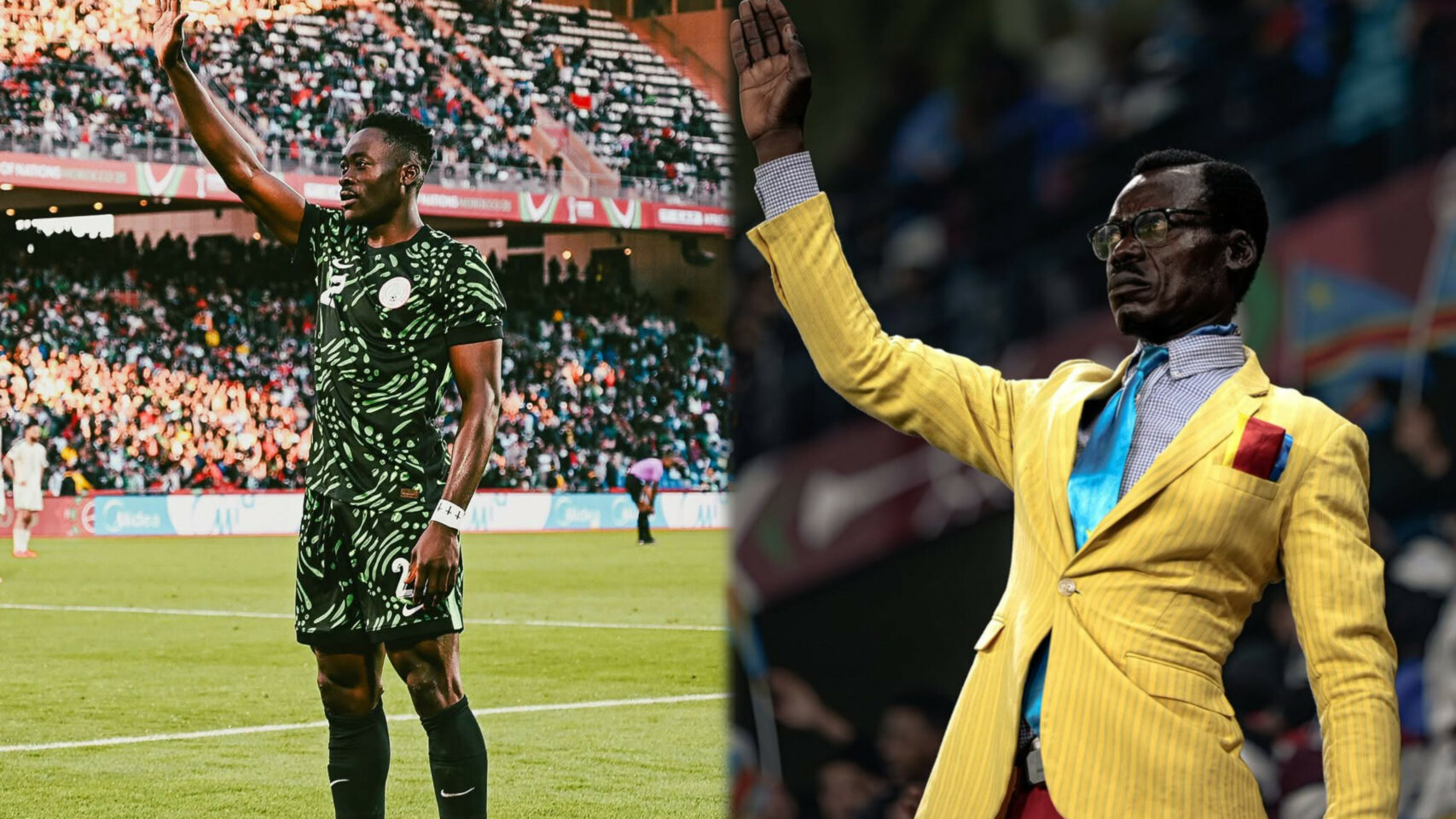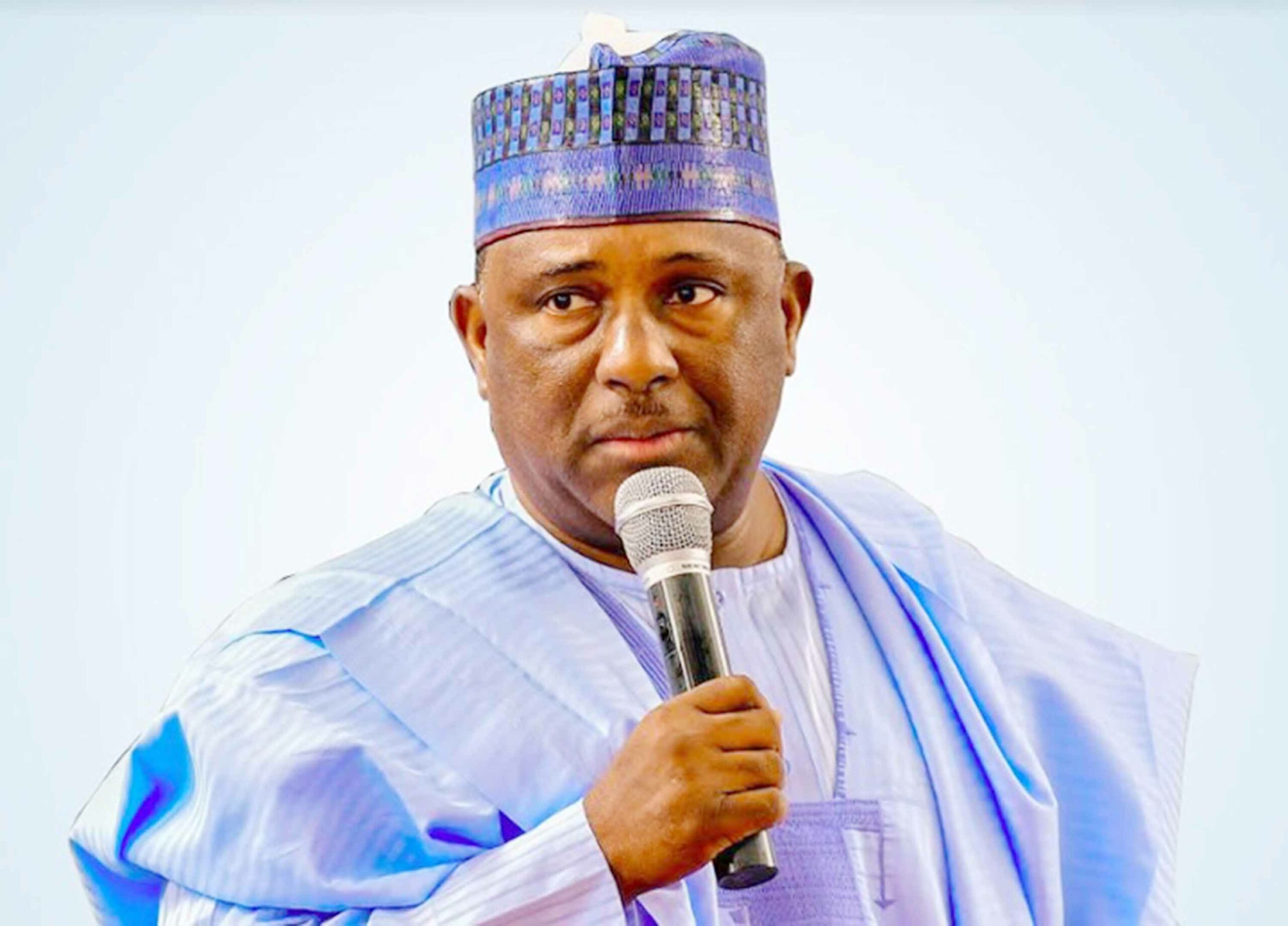By Dolapo Aina
The national basketball women team of Nigeria D’Tigress had a phenomenal run in the city of Kigali which is the capital of Rwanda during the FIBA Women’s AfroBasket 2023 tourney. The ladies went past Congo DR, Egypt, Rwanda and at the finals had to re-assert dominance over The Lionesses of Senegal (the final was the closest game which would be termed as tough for the ladies from Nigeria.) The tense game was expected as the game was more of a West African showdown in East Africa: The Jollof War in Kigali. The Nigerian community in Kigali were all out in their numbers to cheer the ladies to assured victory.
The assured victory was evident from the beginning of the tourney as the camaraderie between coach Rena Wakama and the ladies was as glaring as the sun bouncing off the hills in Kigali. Their poise, confidence and preparedness in all their games were unmatched whether on the court or courtside. Nevertheless, during the final, D’Tigress were very professional. With the unrelenting support of the Nigerian community engineered by the Nigerian diplomats at the Nigeria High Commission in Kigali; the Nigerian community metamorphosed into one of the most vociferous Nigerian sports supporters one would ever find outside Nigeria, the ladies were super-charged. On a lighter note, it is doubtful if anyone in Sub-Sahara Africa is as vociferous as a Nigerian if it comes down to a shouting contest. The decibels at the BK Arena for the Nigerian games against Rwanda and Senegal might just be one of the loudest recorded sporting jubilations at the magnificent edifice situated in Remera in Kigali.
Senegal was not playing hard defence against Nigeria during the first half quarter of the game. Therefore, the Nigerian team was making most of their shots, including three shots, and that was the reason D’Tigress were in the lead at the end of the first half. To be blunt and honest, Nigeria could have tightened up even more on their defence during the first half. The Nigerian supporters comprising the Nigerian community in Kigali took a break from the drumming, singing and hyping.
During the second half, Senegal came back from halftime with nothing short of a vengeance which is more of a West African rivalry. The Lionesses from Senegal came back prepared to fight. Senegal tightened up on their defence tremendously and rebounds were made as the final statistics from FIBA revealed.
Now, during the third quarter, Nigeria’s lack of defence hurt them because it enabled Senegal to garner points. The third quarter was quite a defining set because during the third quarter, some of the Nigerian players, once they had possession of the ball, would gravitate to the right-hand corner of the court before they would try to take a shot. Senegal noticed it also, so two or more of the Senegalese players would force the Nigerian player into a corner. And once this was done, the Nigerian player would then be unable to pass the ball. At this point, the Nigerian player would desperately try to make the shot but would miss. And this happened time and time again.
One could tell that towards the end of the third quarter and the early part of the fourth quarter, the Nigerian players were getting nervous and frustrated. They were missing their shots and fumbling and turning over the ball a few times and Senegalese were able to gain possession and make shots. Meanwhile, Senegal did get a little overzealous with their defence a few times and D’Tigress of Nigeria were able to get quite a few foul shots called in. The Nigerian supporters were still unrelenting.
Rena Wakama who is Nigeria’s coach was always pacing the courtside and making the appropriate changes when the time called for it. She called the ladies in with about four to five minutes left in the game for a strategising session which turned out to be the rallying point and tonic the team needed. Once that strategizing session ended, the ladies came back on court fighting and charging like tigresses at any obstacle. They tightened up on their defence; they increased their rebounds and assists. They came back in hitting three-point shots. The ladies came back into the game fighting to win. They came back hungry and realised they did not come this far to lose. Nigeria ended the game (84-74) in grand style with a three-pointer shot that sent the players of D’Tigress and the Nigerian community in Kigali into joyous pandemonium.
Nigeria’s Amy Okonkwo, the tournament’s Most Valuable Player told FIBA website that: “We have a coach that believes in us. It has us fighting till the end, even in adversity. So, we knew we had our destiny in our hands. Even when Senegal came back, we knew we had to step up, to keep together and we made it happen. I was playing in Mexico this summer, and I’m thankful to have the opportunity to come and lead. And I had the opportunity to lead the team. I told to myself that I was not coming to Kigali to lose anything. And being MVP is a huge honour.”
Rena Wakama, Nigeria’s head coach who was ubiquitous during the final stated that: “Against Mozambique, we were down by 10 or 12 points. I looked into their eyes, and they told me: “Coach, we’re not going to lose this game and they came back to win. That was the defining moment for me. It has been a long year for me. I asked God for a sign, and this trophy was the biggest of them all.”

 News3 days ago
News3 days ago
 Boss Of The Week5 days ago
Boss Of The Week5 days ago
 Opinion5 days ago
Opinion5 days ago
 Featured4 days ago
Featured4 days ago
 Business5 days ago
Business5 days ago
 News3 days ago
News3 days ago
 Opinion4 days ago
Opinion4 days ago
 Headline5 days ago
Headline5 days ago













